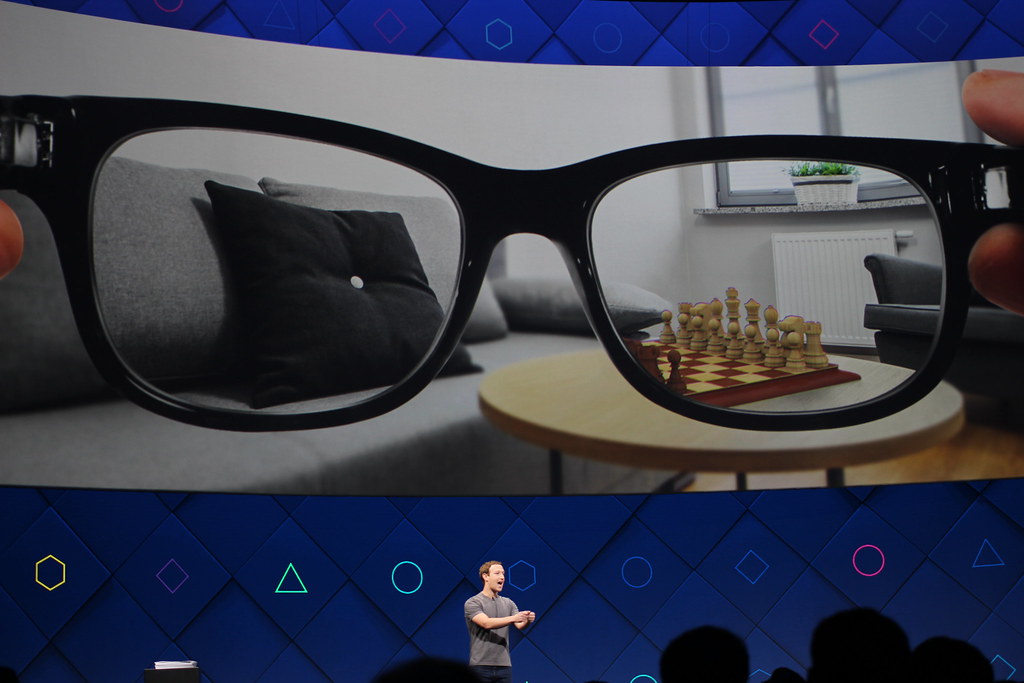
Meta CEO Mark Zuckerberg has reinforced his optimistic vision that smart glasses will soon become the primary way people interact with AI. Speaking during Meta’s second-quarter earnings call, Zuckerberg told investors that individuals without AI-enabled glasses could face significant cognitive disadvantages in the future.
“I continue to think that glasses are basically going to be the ideal form factor for AI, because you can let an AI see what you see throughout the day, hear what you hear, [and] talk to you,” Zuckerberg said. Adding a display to those glasses will unlock additional capabilities, whether through a broad holographic field of view like Meta’s upcoming Orion AR glasses or a smaller screen suited for everyday use.
He added, “If you don’t have glasses that have AI—or some way to interact with AI—you’re probably going to be at a pretty significant cognitive disadvantage compared to other people.”
Meta’s Progress in Smart Glasses
Meta has been developing smart eyewear such as the Ray-Ban Meta glasses and Oakley Meta glasses, which enable users to listen to music, capture photos and videos, and ask Meta AI questions about their surroundings. These devices have become unexpectedly popular; revenue from Ray-Ban Meta glasses reportedly tripled year-over-year, according to EssilorLuxottica, the glasses manufacturer.
Yet Zuckerberg says there is still more to explore with display technology. “This is what we’ve been maxing out with Reality Labs over the last 5 to 10 years—basically doing the research on all these different things,” he said.
Reality Labs, Meta’s division for immersive hardware, has incurred heavy losses—$4.53 billion in operating loss in Q2 alone, totaling nearly $70 billion since 2020. Zuckerberg’s remarks may be part of an effort to justify this spending by framing smart glasses as central to AI’s future and consumer computing.
Competition and the Future of AI Devices
The future of AI interaction may not be limited to glasses. Earlier this year, OpenAI acquired Jony Ive’s startup in a $6.5 billion deal to develop consumer AI devices. Other startups have experimented with alternatives such as AI pins (like Humane’s unsuccessful product) and pendants from companies like Limitless and Friend.
For now, glasses seem practical and socially acceptable since many people already wear them. However, just as smartphones revolutionized communication in unexpected ways, the next AI device could be something entirely novel.
Zuckerberg also highlighted that glasses are an ideal bridge between the physical and digital worlds. “The whole Metaverse vision is going to end up being extremely important, too, and AI is going to accelerate that,” he said.
Author’s Opinion
While Zuckerberg’s belief in AI glasses as the future interface is compelling, it’s important to recognize that technology adoption often surprises us. Glasses have practical appeal and the advantage of being socially acceptable, but breakthroughs in AI device design could shift the landscape dramatically. Whether it’s glasses, wearables, or something not yet imagined, the key will be seamless integration into daily life without compromising convenience or privacy.
Featured image credit: Maurizio Pesce via Flickr
For more stories like it, click the +Follow button at the top of this page to follow us.
